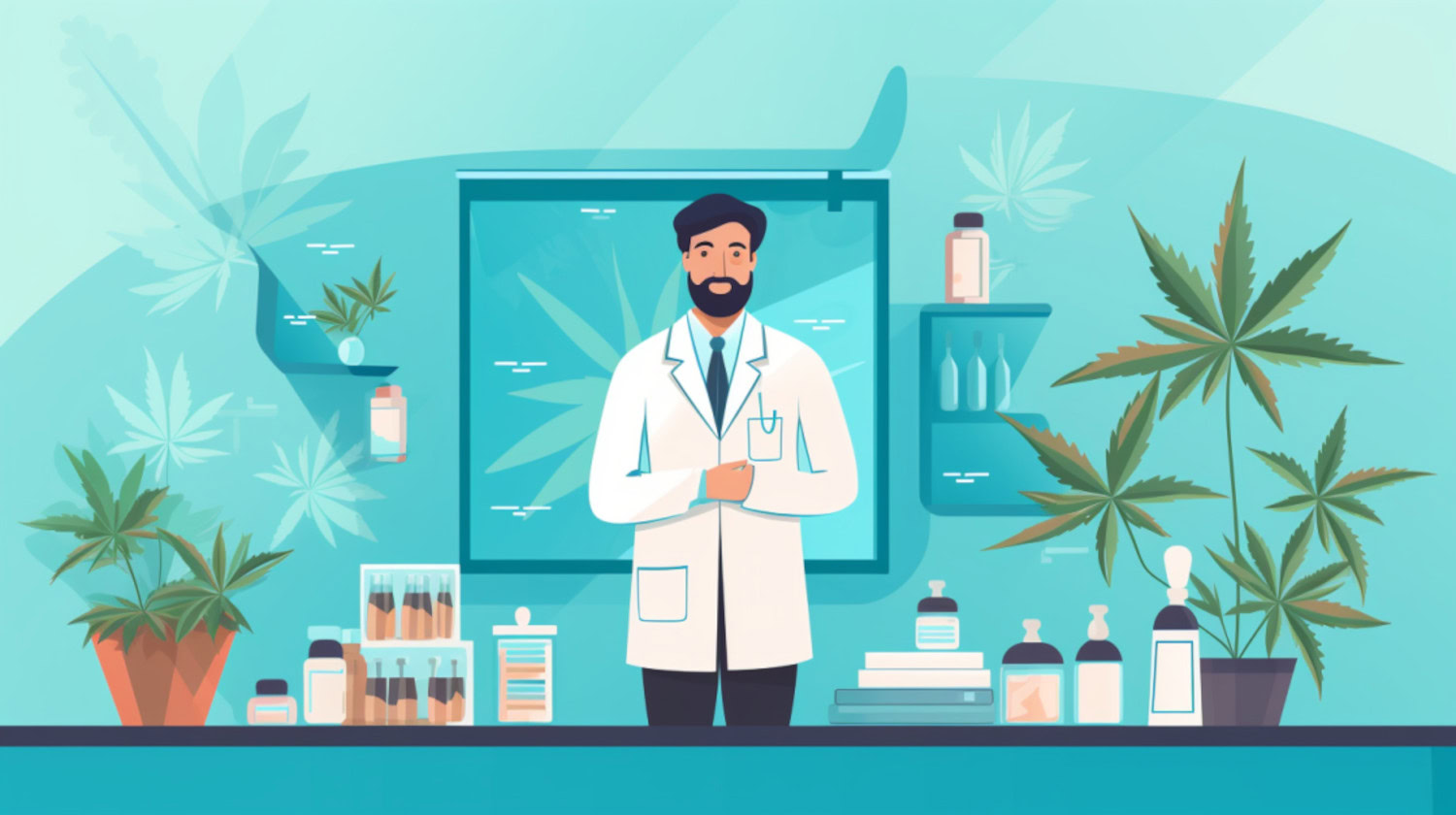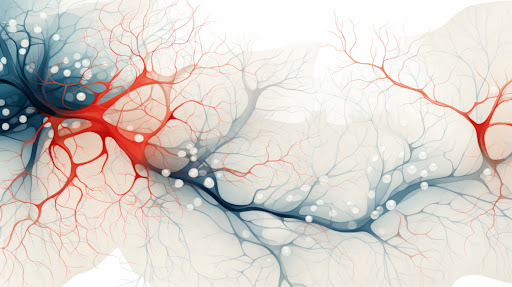In This Article
The use of medical cannabis is “comparatively more effective than prescription medications” for treating chronic pain, according to the results of a recently published study. The study, which was conducted in part by in part by a federal researcher at the National Cancer Institute (NCI) and funded by the state of Pennsylvania’s medical marijuana Academic Clinical Research Program, was published late last month in the peer-reviewed journal Pain.
To complete the study, researchers affiliated with the University of Pittsburgh, Harvard Medical School, and NCI analyzed data from electronic medical records and patient-reported outcomes from 440 medical cannabis patients and 8,114 patients who used traditional treatments.
The researchers concluded that an analysis of the data “was able to determine, using causal inference techniques, that use of medical marijuana for chronic pain under medical supervision is at least as effective and potentially more effective in relationship to patients with chronic pain treated by prescription medications (nonopioid or opioid)” after threes months. They reached their conclusion despite methodological limitations, online cannabis news source Marijuana Moment reported last week.
The researchers noted that there were several demographic differences between the medical cannabis patient group and the group that received traditional therapies. The medical cannabis group had a higher rate of Black patients, patients with comorbidities and reported drug use. The medical cannabis group also had a lower rate of tobacco use.
Other differences between the groups were also identified, including the patients’ medical conditions and pain levels. Medical cannabis patients had a lower rate of spinal diagnoses and higher rates of fibromyalgia, neuropathic pain, headaches, arthritic conditions, and other musculoskeletal pain.
Despite the differences between the two study groups, the researchers wrote that their analysis allowed them “to make rigorous comparisons to a control group receiving prescription medications.”
“In sum, using a using a causal inference approach, we found that medical marijuana was comparatively more effective than prescription medication treatment for chronic pain, with the odds of responding being 2.6 times higher in the medical marijuana group, and having twice the predicted probability of a positive response,” the researchers wrote. “While we found that medical marijuana was comparatively more effective, we cannot extrapolate to conclude that medical marijuana is likely more effective in other populations, particularly because we compared 2 different (albeit similar) populations.”
“A more conservative interpretation of our results,” they added, “is that medical marijuana is at least as effective as prescription medications for chronic pain.”
Among medical cannabis patients, 39% reported “meaningful” treatment response after three months, compared to 35% of patients on traditional medications. The researchers noted that the “rates are in line with many randomized controlled trial (RCT) results of medicinal cannabis for pain.”
They also reported that the positive response experienced by medical cannabis patients was “maintained at 6 months, speaking to its durability.”
Study Also Found Reductions in Opioid Usage
The study also determined that among the 157 medical cannabis patients who had also been prescribed opioids, the data revealed a 39% reduction in prescribed morphine milligram equivalents (MMEs, a standard measure of opioid dosage) after six months of treatment.
“This is meaningful in that lower daily MMEs is associated with an improved safety profile,” they wrote, adding that the findings “seemingly contradict other studies finding no opioid sparing effect of marijuana.”
“While we cannot conclude that medicinal cannabis is opioid sparing,” the study continues, “our results do point to possible use as an adjunct in trying to wean opioids successfully.”
The researchers reported some limitations of the study, including a lack of data on the types of cannabis products used and their THC and CBD potency, “which precludes the determination of any dose–response relationship to medical marijuana outcomes.” The authors were also unable to determine “potential differential therapeutic effects of various medications (such as opioids or nonopioids) vs medical cannabis,” they wrote.
“And finally, we were unable to track the potential harms of medical marijuana, such as development of cannabis use disorder, and such effects have been noted in systematic reviews,” they added.
Learn more about cannabis for pain relief. And sign up for NuggMD's Weekly Sesh newsletter for the latest cannabis news, consumer tips, and recommendations.
The information in this article and any included images or charts are for educational purposes only. This information is neither a substitute for, nor does it replace, professional legal advice or medical advice, diagnosis, or treatment. If you have any concerns or questions about laws, regulations, or your health, you should always consult with an attorney, physician or other licensed professional.




